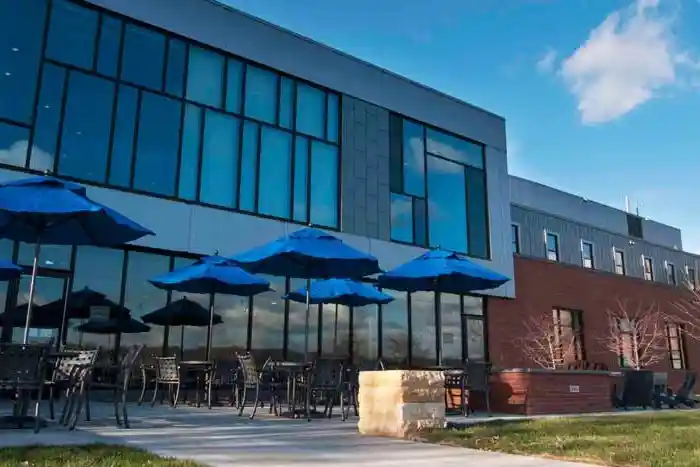






Holistic approaches aim to nurture the complete self, playing a pivotal role during and beyond rehab. Scientific exploration increasingly validates their role in various recovery facets, such as enhancing program adherence, addressing emotional distress, and minimizing the risk of addiction recurrence. The adoption of holistic methods in rehab is subject to diverse opinions. Some professionals perceive these methods as essential complements in treatment, while others question their empirical foundations. However, holistic approaches continue to gain traction in contemporary addiction treatment landscapes.
Holistic approaches, also categorized as alternative or complementary, focus on nurturing the entirety of an individual, encompassing physical, mental, and spiritual realms. In the context of rehab, these approaches aim to alleviate the root causes and consequential challenges of addiction, promoting overall well-being.
These strategies employ a spectrum of practices such as mindfulness, spiritual exploration, and energy harmonization to enhance overall vitality. Advocates of this paradigm view addiction as a manifestation of broader wellness challenges, emphasizing the need to address both the addiction and its consequential distress. Various practices, such as meditation, movement therapies, acupuncture, and herbal remedies, are integral to this approach.
These strategies aim to unearth and address the foundational causes of addiction, fostering a more profound and enduring healing journey. They embody a spiritual perspective on addiction recovery, diverging from conventional therapeutic paradigms.
Assessing the efficacy of holistic approaches presents inherent complexities, attributed to their diverse applications and integrative nature alongside traditional therapies. Their effectiveness is subjective, influenced by individual preferences and responsiveness.
Despite these complexities, there exists a body of evidence suggesting their potential benefits in facilitating a multifaceted recovery journey.
Holistic approaches offer a multitude of benefits, extending beyond the realms of addiction treatment. They foster a comprehensive improvement, addressing various dimensions such as physical discomfort, emotional turbulence, and spiritual voids associated with addiction.
These approaches also play a crucial role in enhancing adherence to rehab programs, attributed to improved service quality and individual satisfaction. They also exhibit a profound impact in addressing the emotional scars associated with addiction, facilitating a deeper healing process. Post-rehab, these strategies are instrumental in bolstering resilience against potential relapse triggers.
Furthermore, holistic approaches play a role in dismantling societal prejudices associated with addiction, fostering a more supportive recovery environment. Interestingly, there’s a discernible gender-based variation in responsiveness, with women exhibiting a higher affinity towards these unconventional healing strategies.
 Insights into Non-Traditional Healing in Rehabilitation
Insights into Non-Traditional Healing in RehabilitationHere’s a synthesis of insights into the application and impact of integrative healing modalities within rehabilitation environments, supported by relevant research findings:
These unconventional healing practices aim to nurture the entirety of one’s well-being, focusing on interconnected aspects of health rather than isolated challenges. They encompass a variety of focal areas such as:
These facets collectively contribute to the intricate web of factors influencing addiction.
Rehabilitation environments utilizing integrative practices exhibit improved success rates in program adherence. Research indicates a correlation between the quality of services and the satisfaction experienced by participants, influencing their commitment to completing the program. Enhanced satisfaction and comfort within the rehab environment foster a conducive atmosphere for sustained recovery.
There’s a recognized interconnection between traumatic experiences and addiction. Integrative healing modalities play a significant role in addressing and resolving trauma, which is a crucial element in the recovery journey. The application of these practices in trauma resolution enhances the prospects of sustainable recovery.
Post-rehabilitation, integrative practices prove instrumental in bolstering resilience against relapse. Research underscores the effectiveness of mindfulness practices in enhancing awareness and coping capacities against potential relapse triggers, fostering enduring recovery.
Stigma poses a formidable challenge in the pursuit and maintenance of recovery. Integrative healing practices facilitate the management of stigma, fostering a sense of internal peace and resilience that enhances the recovery journey.
Research reveals a differential impact of integrative healing modalities, with women exhibiting enhanced responsiveness. This inclination may be influenced by societal factors that make women more receptive to these non-traditional approaches. Thus, women may find environments offering these modalities more conducive to their recovery journey.
Sources